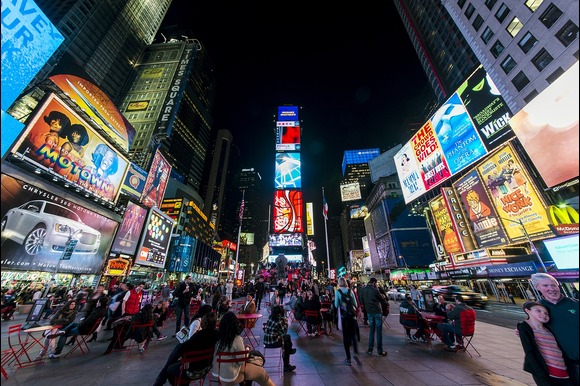For decades, Kristy Gammon regularly crossed the border from Canada into the United States, whether it was skiing in Lake Placid, New York, or cheering on the Orioles in Baltimore with her husband. Traveling south became a predictable part of her life—until this year.
The 62-year-old Nova Scotia resident says she has now stopped visiting the US altogether, avoiding even brief transits through American territory on her road trips to Ontario—an alternative that adds many hours to her journey.
According to Ms Gammon, her decision mirrors the sentiment of many Canadians who have chosen to halt travel to the US in objection to President Donald Trump’s policies, actions on trade, and treatment of allies, including Canada.
“There is just so much we find deeply troubling—how this administration is behaving internationally, how it deals with its own people, and how it is treating friends and neighbours like Canada,” she said.
Ms Gammon and those who share her stance are contributing to a trend that has shown steady momentum throughout the year.
Sharp Decline in Canadian Visits to the US
Newly released data from Canada’s national statistics office shows that October marked the tenth consecutive month of falling Canadian travel to the US. Compared with the previous year:
- Air travel from Canada to the US plunged nearly 24%
- Car crossings dropped by more than 30%
The decline is significant, considering that Canadians typically represent around one-quarter of all international visitors to the US, spending over $20bn (£15.1bn) annually, according to the US Travel Association.
The organisation reports that overall international spending in the US has fallen by 3.2%, driven primarily by the dramatic reduction in Canadian tourists.
Tariffs and Frozen Relations Intensify Boycott Sentiment
The downturn in travel began after Trump imposed a series of tariffs on Canadian products earlier in the year, arguing that such measures were necessary to reduce the trade deficit between the two countries. The Trump administration has also repeatedly pressed Canada to do more to limit the flow of illegal fentanyl across the border.
Canada currently faces 35% tariffs on many of its exports, although several products remain protected under NAFTA provisions. Additional levies targeting industries such as steel and automotive manufacturing have further chilled relations.
Tensions escalated further after Trump publicly criticised an anti-tariff advertisement—featuring Ronald Reagan—produced and sponsored by Ontario. He also stirred anger in Canada with repeated remarks implying their country should become the “51st state”.
US Tourist Destinations Attempt Damage Control
Some American regions heavily dependent on Canadian tourism are attempting to reverse the downturn. In Kalispell, Montana, gateway to Glacier National Park, officials have introduced a “Canadian Welcome Pass”, offering special discounts and deals to entice visitors crossing the border.
“The last few months have been difficult for our countries. But one thing is certain—we miss you,” reads the promotional website behind the campaign.
Meanwhile, major future events such as the 2026 FIFA World Cup and the 2028 Los Angeles Summer Olympics may boost international arrivals from elsewhere, potentially offsetting some of the losses.
Domestic Tourism Booms as Canadians Stay Closer to Home
As Canadians choose to vacation within their own borders, the country’s tourism sector has experienced a substantial lift. Between May and August 2025, Canada’s tourism industry generated a record-breaking C$59bn, a 6% increase over the same period last year, according to data from Destination Canada.
A significant portion of the shift comes from Canadian snowbirds—older travellers who traditionally flock to warm US states such as Florida during winter. A survey by the Travel Health Insurance Association of Canada revealed that only 10% of baby boomers planned to visit the US this year, marking a 66% drop from the previous year.
Some retirees have taken even more drastic steps. Ms Gammon says several acquaintances have already sold their Florida winter homes due to strained political relations and frustration with the Trump administration.
“They’ve completely rewritten their snowbird routines,” she said. “You can sense a real change.”
A Boycott With an Uncertain Future
Whether the current travel boycott will last throughout the remaining years of Trump’s term is unclear. Ms Gammon admits she still misses her American getaways, but says she intends to continue staying away unless major shifts occur.
“Who knows what could happen over the next three years,” she said. “But it would take very significant changes for us to reconsider.”






